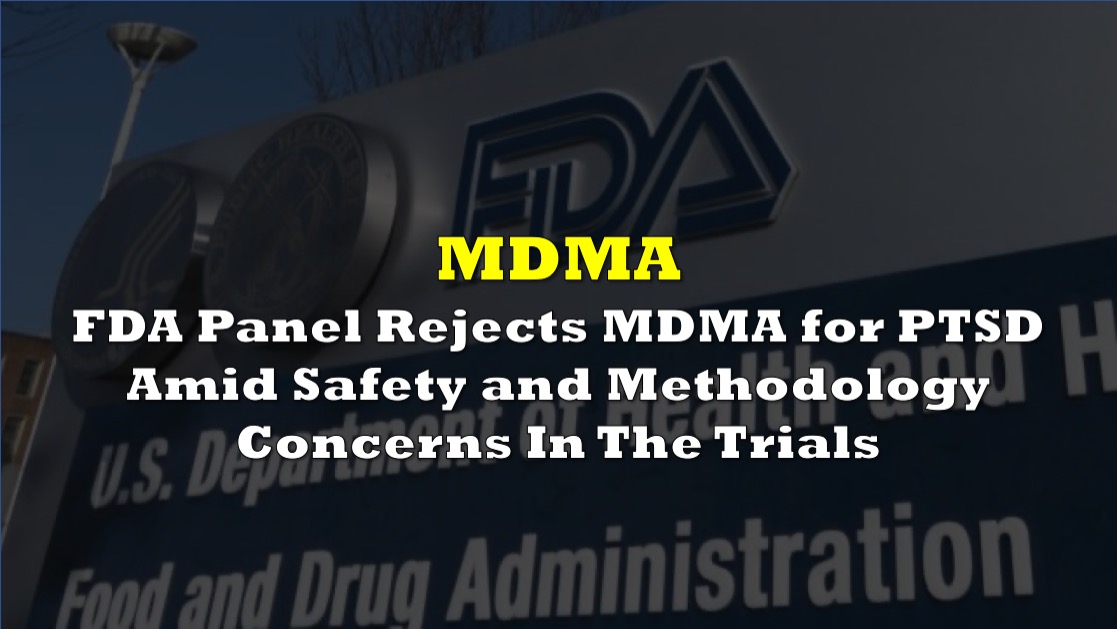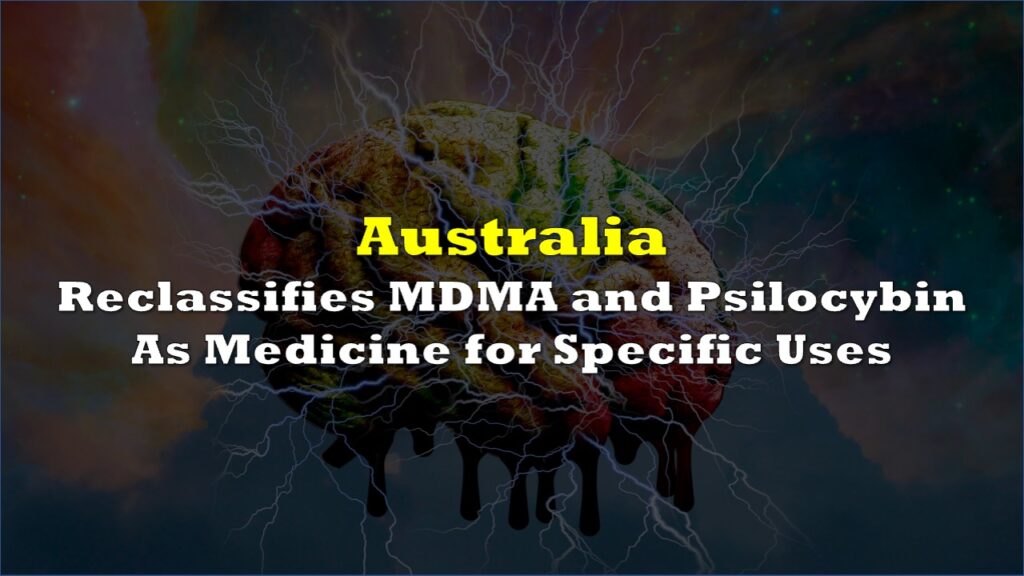An FDA advisory panel has recommended against approving MDMA for PTSD treatment, citing significant concerns about the safety and methodological integrity of the supporting trials. Despite promising results from two Phase 3 trials by Lykos Therapeutics, the panel voted 9-2 against the drug’s efficacy and 10-1 against the benefits outweighing the risks.
FDA Panel Rejects #MDMA for #PTSD: Safety and Methodology Concerns Loom Large
— CEO Technician (@CEOTechnician) June 5, 2024
In a decisive vote, an FDA advisory panel recommended against approving MDMA for treating PTSD, highlighting significant methodological flaws and safety concerns.
Despite two Phase 3 trials from…
The panel’s decision was influenced by several critical issues. One major concern was functional unblinding, where most participants and likely their therapists could determine whether they had received MDMA or a placebo due to the drug’s intense psychoactive effects, compromising the study’s blinding integrity and challenging the reliability of the results.
Additionally, the trials faced selection bias, with around 40% of participants having prior MDMA experience, likely influencing their expectations and responses and potentially skewing the outcomes. Furthermore, the data on abuse potential were deemed insufficient, as the trials did not comprehensively track abuse-related adverse events like euphoria, essential for assessing the drug’s abuse potential.
Another significant concern was the lack of diversity among trial participants, with the majority being white and only a small number of Black and Asian individuals included. This demographic imbalance raised questions about the generalizability of the results to a broader population.
Safety protocols were also scrutinized. Incidents of sexual misconduct by an unlicensed therapist during a Phase 2 trial highlighted serious flaws in the study’s safety measures. Plans to use unlicensed therapists in future treatments exacerbated these concerns, emphasizing potential risks to patients.
Despite passionate testimonies from PTSD sufferers and veterans advocating for MDMA-assisted therapy, the advisory committee remained cautious. Dr. Kenneth Katz, a panel member, stated, “While the potential benefits of MDMA in treating PTSD are clear, the safety concerns and methodological flaws in the studies cannot be ignored.”
MDMA treatment for PTSD and other mental illnesses has a big drawback — a single treatment is effective. That means small profit potential compared to lifetime treatment with conventional pharmaceuticals. Maybe that’s why an FDA advisory committee shot it down. One of the…
— Robert F. Kennedy Jr (@RobertKennedyJr) June 5, 2024
To address these concerns, the FDA proposed a Risk Evaluation and Mitigation Strategy (REMS), which includes administering the drug only in certified healthcare settings, monitoring patients during treatment, and maintaining a registry to track adverse events. The FDA’s final decision is expected by August 11. Although the FDA often aligns with the advisory panel’s recommendations, there remains a 22% historical possibility that it might approve MDMA due to the significant unmet medical need for PTSD treatments.
Factors that could influence potential approval include the high unmet medical need for effective PTSD treatments, which has led to the approval of other controversial drugs in the past, such as Exondys 51 for Duchenne muscular dystrophy and Aduhelm for Alzheimer’s disease. The FDA might also consider additional data not fully reviewed by the advisory committee or explore conditional approval pathways, requiring further confirmatory studies post-approval.
Information for this briefing was found via the sources mentioned. The author has no securities or affiliations related to this organization. Not a recommendation to buy or sell. Always do additional research and consult a professional before purchasing a security. The author holds no licenses.





